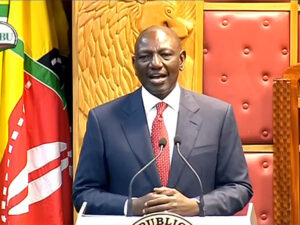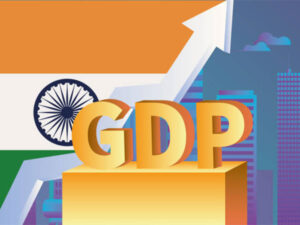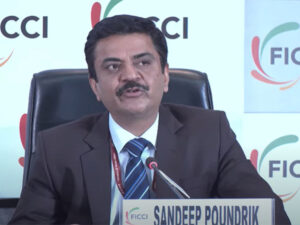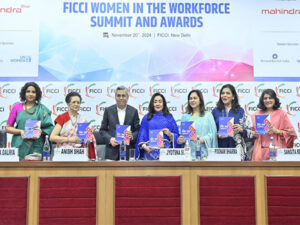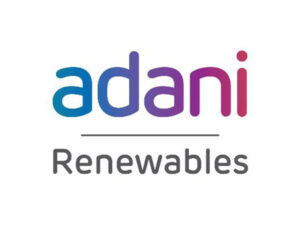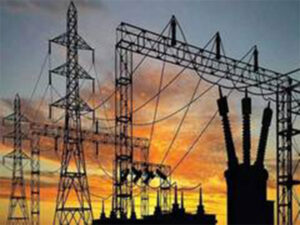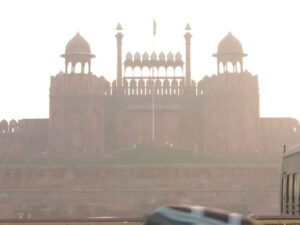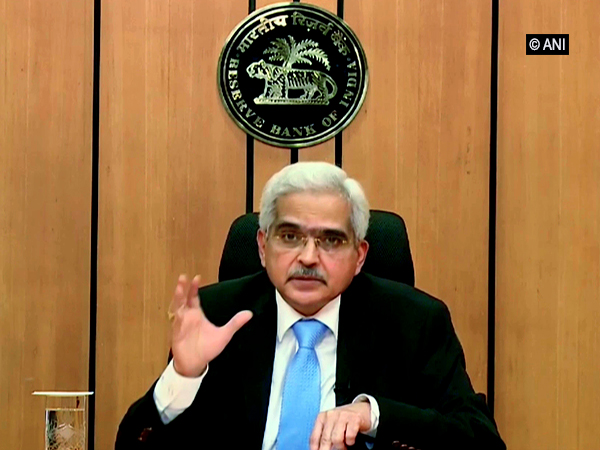
By Gyanendra Kumar Keshri
New Delhi [India], April 9 (ANI): The Reserve Bank of India (RBI) has maintained the policy repo rate at a record low of 4 per cent for almost the past two years in order to support economic growth, hit by COVID-19 pandemic. Although in the first policy review of the current financial year, the central bank kept key rates unchanged and maintained an accommodative stance, there is a clear shift in focus and the rate hike may start in August, experts and industry leaders said. Shaktikanta Das has maintained the policy stance loose since taking over as RBI Governor. Former Finance Ministry top bureaucrat Das was appointed RBI Governor in December 2018. Even before the COVID-19 pandemic hit, Das opted for a loose monetary policy stance to support growth. In May 2020, he cut the key policy rates to a record low to support the economy hit by lockdowns and the pandemic.
On Friday, Das-led six-member Monetary Policy Committee (MPC) voted unanimously to keep the policy repo rate unchanged at 4 per cent and maintain an accommodative stance. “The continuation of Reserve Bank of India’s accommodative stance is welcome. The statement does allude to a withdrawal of accommodation clearly signaling towards normalisation of liquidity management to ensure inflation remains within target,” said Sanjiv Mehta, President of industry body FICCI. “There has been a considerable change in the economic scenario since the last policy announcement and we were expecting that the Central Bank will take due cognizance of the current situation. The significant escalation in geo-political stress since end February 2022 is undermining global recovery and some impact on India will be inevitable,” added Mehta, who is also the Chairman and Managing Director of Hindustan Unilever Limited.
In the next policy review, which is scheduled in June, the RBI is likely to shift its policy stance to “neutral” from “accommodative”. An accommodative policy stance means that the central bank is willing to lower the policy interest rates. A rate hike is ruled out. While a neutral stance suggests that the central bank can either lower the policy rate or increase it. Addressing a press conference after the monetary policy announcement on Friday, Das said the RBI is considering withdrawing of accommodative stance in a gradual manner.
According to Rajesh Bhatia, MD & CIO, ITI Long-Short Equity Fund, the central bank would start hiking policy interest rates from the third quarter of 2022. “Monetary policy outcome was largely in line with our expectations. RBI highlighted emerging downside risks to growth while also pointing to upside pressure on inflation trajectory. We had anticipated a possible tinkering in the reverse repo rate, which has now been rendered defunct with the introduction of the new Standing Deposit Facility (SDF) rate as the floor for the Liquidity Adjustment Facility (LAF) corridor,” said Bhatia. “Going forward, we expect that the growth risks would offset inflation concerns for coming months with the first rate increase possibly in Q3. Adverse oil price movements form key risk to our view,” Bhatia added.
In the first monetary policy review of the financial year 2022-23, the RBI kept key policy interest rates unchanged for the 11th time in a row and sharply raised inflation projections and lowered growth forecasts. The repo rate, the interest rate at which the RBI lends short-term funds to banks, remains unchanged at 4 per cent since May 2020. The reverse repo rate, the interest rate at which the RBI borrows from banks, remains unchanged at 3.35 per cent. “The best thing about the Credit Policy review by the MPC is that the RBI is continuously trying various monetary tools to face the unfolding global challenges of elevated commodity and crude prices to limit the inflationary impact on the Indian economy without giving any jerk to a growth trajectory,” said ASSOCHAM Secretary General Deepak Sood.
Pradeep Multani, President, PHD Chamber of Commerce and Industry, said the accommodative stance by the RBI would strengthen and support the business and consumer sentiments as well as the economic recovery. “RBI’s decision to keep the policy repo rate unchanged and maintain an accommodative stance is a big positive for the economy which is now facing some headwinds from ongoing geo-political tensions,” said Mahesh Desai, Chairman, EEPC India. “At a time the industry is witnessing recovery after two years of stress caused by COVID pandemic, the RBI’s move would ensure further credit support and spur the growth momentum. Despite mounting inflationary pressure, the RBI has shown its commitment to push growth,” said Desai.
Inflation has emerged as a big headache for the RBI. The central bank has sharply increased its forecast for inflation for the current financial year to 5.7 per cent from its earlier projection of 4.5 per cent announced in February. While the inflation projection has been revised upward, the economic growth forecast has been sharply lowered. The RBI has lowered GDP growth projection for 2022-23 to 7.2 per cent from its earlier projection of 7.8 per cent. (ANI)
There is no rupee-rouble trade platform, clarifies RB
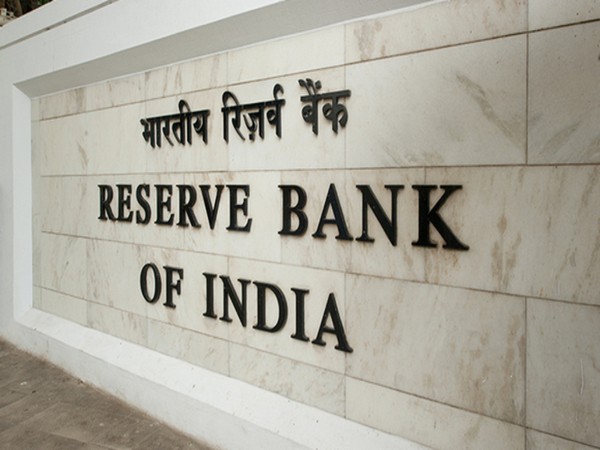
New Delhi [India], April 9 (ANI): Reserve Bank of India (RBI) has clarified there is no platform to facilitate rupee-rouble trade and the central bank is in discussion with all the stakeholders in this regard. Responding to a question during a press conference held on Friday, RBI Deputy Governor T Rabi Sankar said, “On the Indo-Russian trade, there is no platform that I am aware of. There are press reports, but there is nothing I am aware of.” “Anything that we do will be sensitive to the sanctions. So nothing specific, I mean the war has obviously disrupted trade and payments. We are discussing with all stakeholders and remaining sensitive to sanctions. If and when anything is decided you will come to know,” Sankar told reporters.
It has been reported in a section of media that the RBI is in talks with Russia to develop a Rupee-Rouble transaction platform. Sankar also clarified that there is no new payment platform available between New Delhi and Moscow since the war erupted in late February.
Any such payment mechanism involving rupee and rouble payments for imports and exports would help circumvent the sweeping economic sanctions imposed on Russia by the western nations, including freezing many key Kremlin officials’ individual accounts and snapping Russian banks from the international payment gateway SWIFT. Reacting to the issue, RBI Governor Shaktikanta Das said the RBI would not do anything that goes against the sanctions. (ANI)







